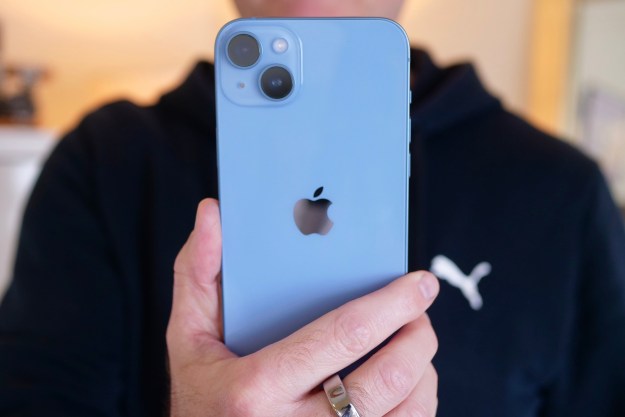It’s been over a decade since Google first launched Android. Today, Android is the world’s biggest operating system and powers about 2.5 billion monthly active users. It’s safe to say Google’s bet on the OS has paid off well.
But while Android has increasingly dominated the mobile market, Google has failed to expand and replicate its far-reaching success beyond phones the same way Apple has been able to do with iOS.
Over the years, Google has brought Android to a range of device categories in hopes of winning more markets through the same open and flexible pitch. However, despite aggressive and continuous efforts, Android has barely been able to establish a foothold outside of phones.
Android tablets are in an existential crisis, Android wearables have a nonexistent presence, Android TV’s share is slipping, Google’s Android-based IoT platform called Android Things is practically dead, and the jury’s still out on Android Auto.
A one-trick pony?
The numbers further highlight how as Google flounders to figure out Android on these products, its competitors have left it in the dust.
In the United States, Android TV ranks third behind Samsung and LG — both of which run on custom, non-Android systems. On top of that, Amazon and Roku make up for 70% of the streaming media stick industry. “WearOS trails Apple and Samsung’s wearables by a significant margin. Apple also reigns over half of the ailing tablet computer industry.
All of which begs the question: Is Android a one-trick pony?
Google most likely disagrees. After all, for the past year or two, it has made a series of investments to accelerate its in-house hardware division. Most recently, Google bought fitness-focused wearable maker Fitbit for $2.1 billion, doubling down on its commitment to smartwatches.
At the same time, Android has also, in a lot of ways, taken a backseat in Google’s ambitions. You see, Google has been always a platform-agnostic company and it’s key to remember that, unlike Apple and the iPhone, Android is not the company’s primary cash cow. Its advertising business is responsible for most of the revenues. In Google’s earnings reports, you’ll even find non-advertising products such as the Pixel phones and Android tucked away inside “Google other revenues.”
A services-first company
Google is a services-first company, and all that matters is how can it get more people to use its services — whatever the means may be. And unlike Apple, which has expanded iOS through content services by successfully serving up news, music, movies, and television, Android remains limited and it seems like even Google knows it’s not the future.
The product that will allow Google to become omnipresent is the Google Assistant, not Android. While Android still undoubtedly plays a crucial role for Google, it’s the Google Assistant that will let it reach more users even if they’re on an iPhone or a dumbphone.

At its hardware event in October, Google announced a range of new products. Only one of them, the Pixel 4, runs Android. All of them, however, have the Google Assistant. In addition, Google branded a monorail at CES earlier this year with the words “Hey Google,” and Google Assistant — not Android — gets top billing in the company’s developer and hardware keynotes.
Google Assistant is the backbone of nearly everything Google does today — and for good reason. While Android often fades into the background, Google Assistant is the sort of entity that remains front and center. It’s always on, always listening for commands and just a phrase away whether it’s on Google’s mesh routers or phones.
The Google Assistant also fits well into the idea of ambient computing — a future where all of Google’s services will be available to you all the time everywhere. The next-gen Assistant for phones is the first step toward this goal and tries to eliminate common barriers like having to constantly invoke the voice assistant. Google is also working toward bringing Assistant to the web, and it might soon be able to go through web forms for purposes such as booking bus tickets on your behalf.
What does the future hold?
So where is Android headed? Google has yet to deliver a competitive ecosystem of Android-powered devices like Apple’s. But it may have already abandoned that goal and instead switched courses to building a platform that centers around the Google Assistant.
There could be several reasons why it did that. However, the most imperative one probably was a realization of the fact that Android’s reach is restricted and the Google Assistant has a better chance of fulfilling the company’s grander ambitions. Android is no longer the puzzle, it’s just a part of it.
Android is technically not a one-trick pony. Google’s been revamping its hardware division from the ground up and we expect it to give areas such as wearables another shot in the next couple of years. Whether it will simply try to polish its existing Android-based spinoffs or come up with an entirely fresh OS like Chrome OS remains to be seen.
Editors' Recommendations
- Android 15 might add a new way to charge your gadgets
- Google just released the first Android 15 beta. Here’s what’s new
- I’ve finally given up on the Google Pixel Tablet
- Motorola’s new Android phone looks amazing, but there’s a catch
- Check your Google Pixel Watch right now for two new features


